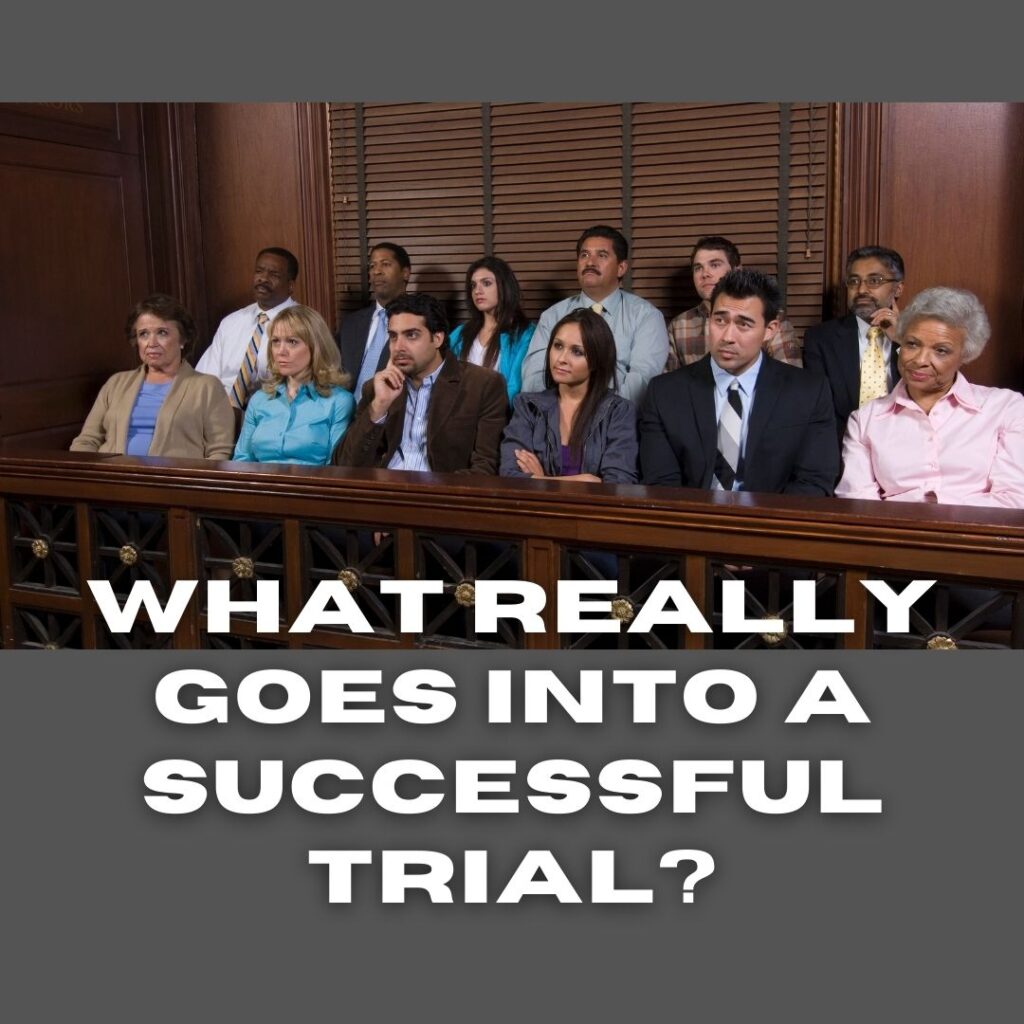As a board-certified civil trial specialist, I have been fortunate enough to have been entrusted with handling my fair share of cases to conclusion at trial (both court and jury) and arbitration. This is rare nowadays. The vast majority of cases (95% plus) settle short of trial. Trials are risky and expensive. We have seen some high-profile trials recently in Minnesota which have highlighted both the risk and expense of full-blown trials. Today’s post is focused on two key pieces in litigating a case to conclusion.
The first is jury selection (for those cases that are tried to a jury). Cases are often won or lost in jury selection. During jury selection, the attorneys have an opportunity to ask the potential jurors questions to determine any preconceived notions or biases and to start to tell their side of the story before a single witness is even called. Selecting a jury that will be open to the evidence and give your client a fair shake at trial is key. While each jury selection process is unique, judges often provide attorneys significant latitude in asking potential jurors questions to make sure that those jurors selected will be impartial and fair.
Another misconception of trial is that they are a race to get all the facts out or all the cards on the table. In reality, trials are more often a race to see how much evidence of the other side you can exclude and how much evidence of your own you can get admitted. The rules of evidence govern what evidence is admissible (or not) at trial. The rules of evidence also dictate what is considered hearsay and, if so, whether there are any exceptions which permit admission of such testimony. Jurors (or judges if it is a court trial) are required to make their decision on the merits based only on the evidence admitted. Sometimes that means making a decision which would be different if all facts were presented to the jury versus just those that are admissible under the rules of evidence. This can be frustrating to attorneys, parties, and spectators alike. This is also a primary reason why such a large percentage of cases settle short of trial.
Being entrusted to lead the charge at trial for a client is a great honor and very humbling. Often, the outcome of the case will have a massive impact on the client. Having an attorney who has litigated their share of cases to conclusion is a vital consideration when selecting an attorney to give you the best opportunity for the outcome you seek. Knowing the trial process also provides you with insight as to when it is best to push forward and when it may be best to resolve the matter.

The material contained herein is provided for informational purposes only and is not legal advice, nor is it a substitute for obtaining legal advice from an attorney. Each situation is unique, and you should not act or rely on any information contained herein without seeking the advice of an experienced attorney. All information contained in links are the property of the linked site.

